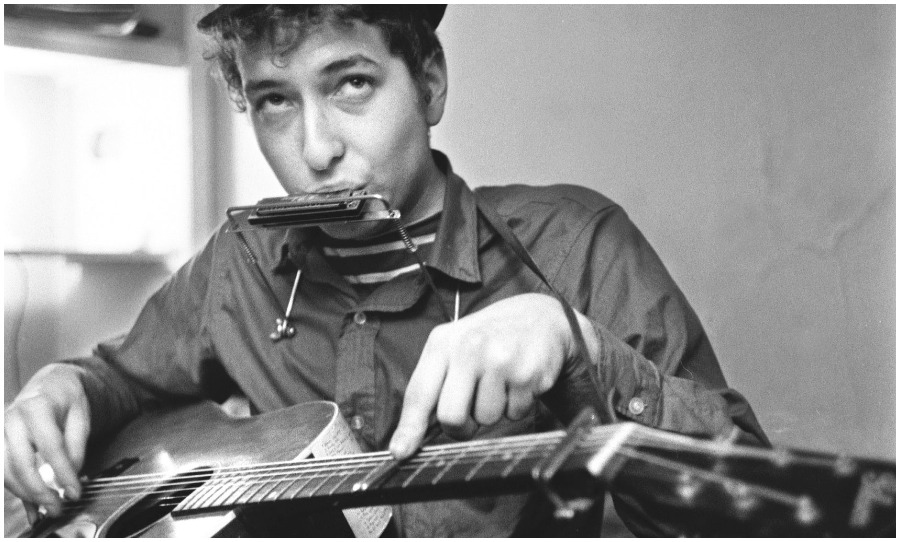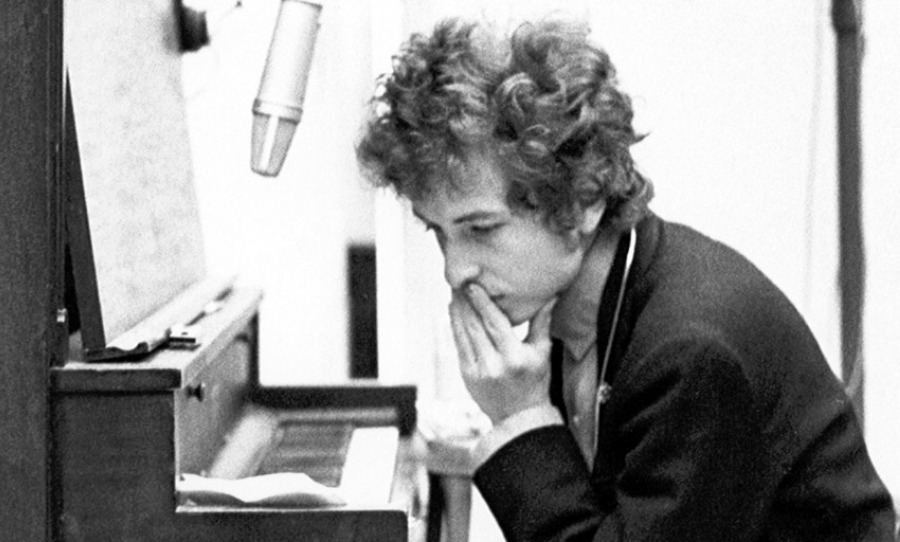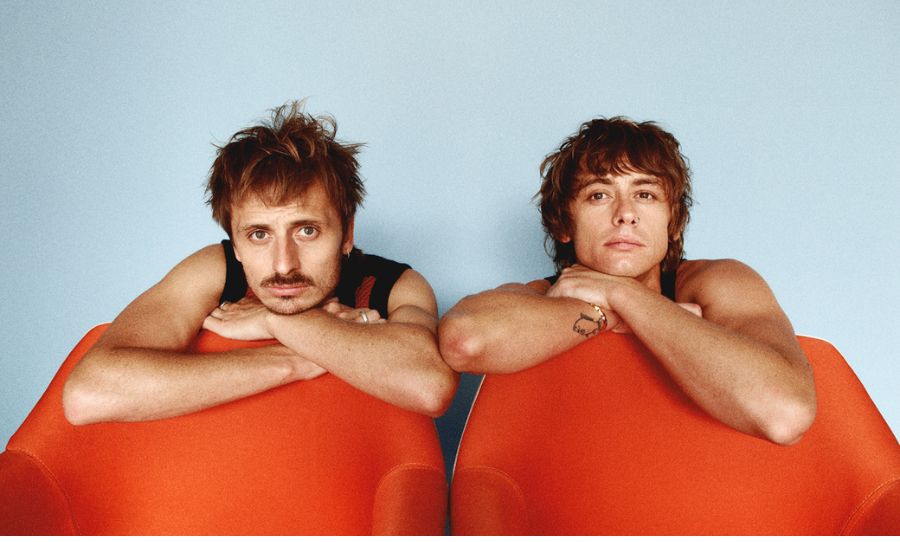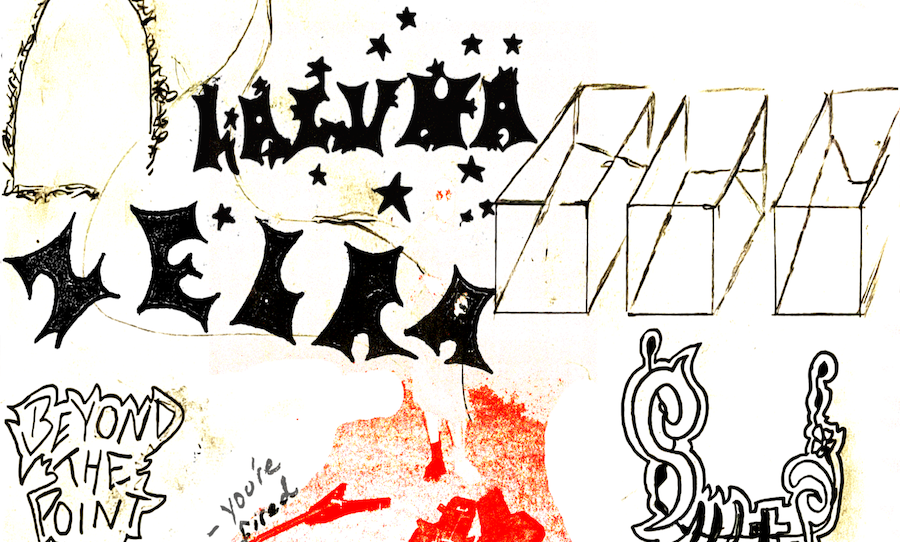Bob Dylan has sold the rights to his music, including over 600 songs and nearly 60 years of work, in a historical deal with Universal.
Yesterday the Universal Music Publishing Group made a “landmark agreement” with singer-songwriter Bob Dylan, acquiring his entire songwriting catalogue. Whilst it was not officially disclosed, it has been estimated it sold for a whopping $405 million AUD.
The deal was deemed by the New York Times to potentially be the “biggest acquisition ever of a single act’s publishing rights”, including the rights to over 600 songs such as Like a Rolling Stone, Knockin’ on Heaven’s Door, and Blowin’ in the Wind.

It’s undeniable that Bob Dylan’s songwriting talents were worth every cent. His diverse and moving song catalogue was written with a unique spark and his famous lyrics transcend both genre and time. In 2016 he was even awarded a Literature Nobel Prize “for having created new poetic expressions within the great American song tradition”.
I guess Dylan was right in 1965 when he wrote “money doesn’t speak, it swears”, as this payout might set a precedent for future artists looking to follow in the legend’s footsteps. Just last week, Stevie Nicks sold 80% of the stake in her publishing catalog for an estimated $100 million.
What Dylan’s deal entails is the publishing rights for his existing songs, and any royalties generated from streaming, commercial advertising or even another artist performing a cover will now go straight into UMPG’s pocket.
bob dylan rn after selling his entire song catalogue to UMG: pic.twitter.com/IF312X2eQK
— lola ❀ུ۪ (@lFNOTFORYOU) December 7, 2020
Unlike Taylor Swift’s deal, which covered the recorded rights but not publishing, UMPG will simply control what the songs will be used for. Bob Dylan will no longer have the authority to determine where his songs can be used, so there is a chance we may see his music appear in more advertisements, films, and TV shows.
The pesky part of deals like these is that it gives artists such as Bob Dylan a rocket launch back into the limelight, which means that fans (including myself), who are nostalgically streaming his work, will be generating royalties for publishing giants such as Universal Music.
bob dylan selling his music catalogue sounds like a fake headline like that sounds like smth he’d never do
— repo 🜛 (@linomorph) December 7, 2020
But I guess if Dylan can part with his life’s work, so can I.



